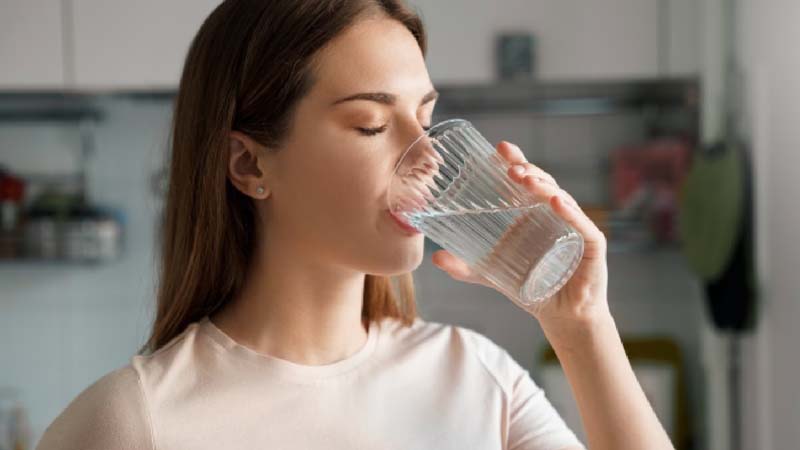
Understanding Daily Water Intake: How Much Is Enough?
Water, a vital element for all bodily functions, not only keeps us hydrated but also plays a key role in keeping us energized and healthy. The amount of water required each day can vary widely, influenced by age, physical activity, and environmental conditions. Below is a detailed look at the recommended water intake for different age groups.
Water Intake Recommendations for Children
- Infants (0-6 months): At this stage, breastmilk or formula adequately meets the infant’s hydration needs.
- Toddlers (1-3 years): Around 1 liter (4 cups) of water daily is recommended, although this amount may vary with physical activity and climatic conditions.
- Kids (4-8 years): Approximately 1.5 liters (6 cups) of water daily is advisable as a starting point.
Water Needs for Adults
For adults, the well-known “8 glasses a day” rule (roughly 2 liters) is a general guideline. However, individual needs can be influenced by:
- Physical Activity: Active adults lose more water through sweat and need more for replenishment.
- Climate: Living in hot and humid environments increases water requirements due to more sweating.
- Health Conditions: Certain conditions like pregnancy or illnesses such as kidney stones may necessitate different water intake levels.
Hydration for the Elderly
As people age, the sense of thirst diminishes, which can lead to dehydration. A baseline of around 1.5 liters (6 cups) of water daily is advised for older adults. Monitoring urine color, aiming for pale yellow, can be an effective way to assess hydration levels.
General Hydration Tips
To maintain proper hydration:
- Carry a reusable water bottle and drink regularly throughout the day.
- Include water-rich foods in your diet.
- Monitor urine color as a hydration indicator.
- Seek medical advice for personalized hydration needs, particularly if you have health concerns.
These recommendations serve as general guidelines. If you experience symptoms like excessive thirst, dizziness, or fatigue, consult a doctor to check for any underlying health issues. By understanding your body’s hydration needs, you can support your health and overall well-being.




